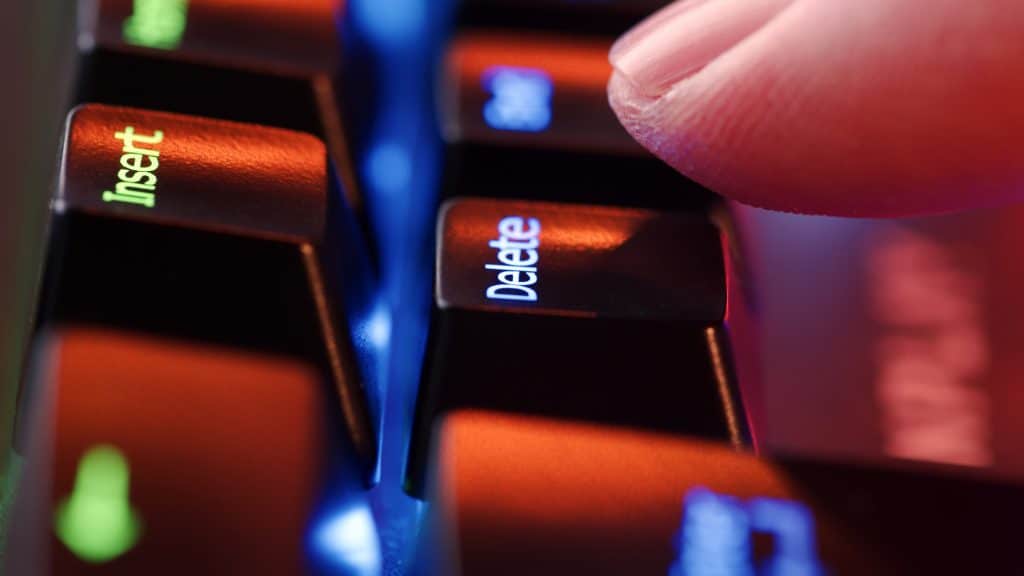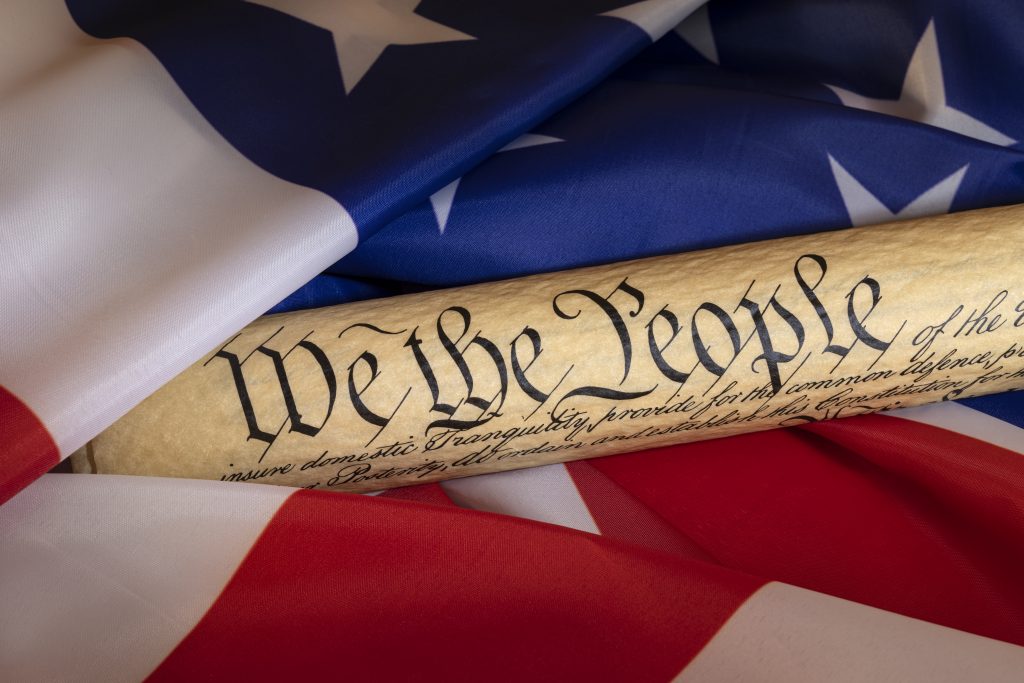Clinton Email Controversy: A Closer Look
July 20th, 2016, 2:06 AM
Updated: May 11th, 2023, 11:09 PM
The media have extensively covered the Hillary Clinton email controversy that dominated the 2016 presidential election. However, scrutinizing the information and related narratives reveals many stories gloss over potential legal violations and wrongdoings. This article aims to delve deeper into the facts and critically review the allegations and potential legal implications of Clinton’s actions.
Issue of Email Deletion
One key aspect of the controversy centers around deleting emails from Clinton’s private server. According to reports, Clinton and her legal team determined that roughly half of the 60,000 emails on her server were not work-related and proceeded to delete them. This decision, reportedly taken without external oversight, raises potential legal questions. The deletion occurred after Clinton received a congressional subpoena, which could be construed as obstruction of justice, a serious criminal offense.

Moreover, federal records laws promote transparency and accountability in government actions. Using a private server and subsequent deletion of emails can be seen as a deliberate attempt to skirt these laws. Many Republican critics, including former President Donald Trump, have argued this.
Handling of Classified Information
Another legal concern arises from the mishandling of classified information. While Clinton’s server contained no marked classified emails, federal agencies retrospectively determined that approximately 100 emails included information that should have been classified when sent.
The fact that classified information was sent through a private server is concerning, as it could compromise national security. While deemed by the FBI as “extremely careless,” this behavior may also contravene federal law and State Department protocols.
Contradictory Statements and Lack of Transparency
The email controversy also highlights some contradictory statements by Clinton. For instance, she claimed that everyone in the government knew she was using a personal email, but reports indicate that only 13 people directly emailed her. This discrepancy raises questions about transparency and the integrity of her public statements.

Furthermore, Clinton’s assertion that her use of a private email system complied with federal laws and State Department regulations has been challenged by some experts, officials, and members of Congress. The 2018 report by the Department of Justice’s Office of the Inspector General found no evidence of political bias in the FBI’s handling of Clinton’s investigation. Still, it did not entirely absolve her of potential wrongdoing.
We Should Demand
While the FBI found no evidence of evil intent or intent to obstruct justice, the controversy surrounding the handling and deleting of emails from Clinton’s private server raises serious legal and ethical concerns. The lack of transparency, the potential mishandling of classified information, and the use of a remote server in contravention of federal records laws and possibly State Department protocol all point to possible violations of law and protocol that have often been glossed over in media reporting.
It is crucial to maintain a critical perspective when assessing such issues. Transparency, accountability, and adherence to law and protocol are not optional in public service, and any potential violations of these principles should be thoroughly investigated and appropriately addressed.
Remember that these public officials work for us, and we need to hold them accountable for their actions on our behalf.

References:
https://www.factcheck.org/2016/09/the-fbi-files-on-clintons-emails/
https://en.wikipedia.org/wiki/Hillary_Clinton_email_controversy
https://www.cbsnews.com/news/report-fbi-pulls-deleted-emails-from-hillary-clintons-server/
